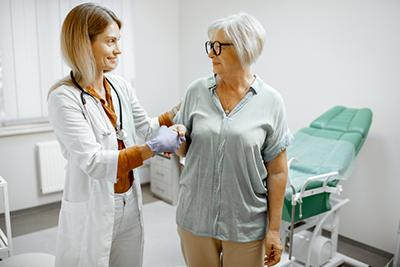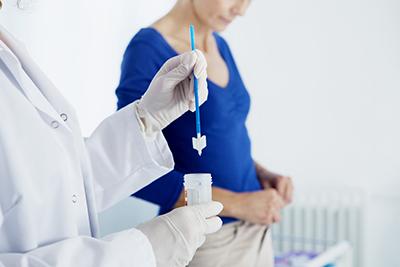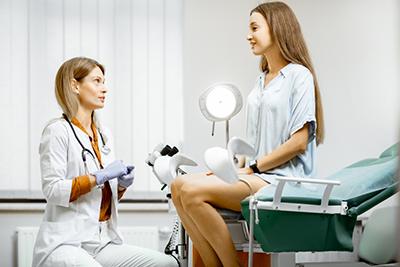
Associates in Women's Health
1046 North Monroe Street
Monroe, MI 48161 US
Monday:
8:00 am - 5:30 pm
Tuesday:
8:00 am - 4:30 pm
Wednesday:
10:00 am - 6:00 pm
Thursday:
8:00 am - 7:00 pm
Friday:
8:00 am - 3:00 pm
Saturday:
Closed
Sunday:
Closed
My Blog
-
Menopause: How Will I Know?
posted: Aug. 14, 2023.

-
When To Visit an OBGYN
posted: Aug. 01, 2023.

-
Managing Menopause: Tips for a Smooth Transition
posted: Jul. 19, 2023.

-
Common Gynecological Conditions: Causes, Symptoms, and Treatment
posted: Jul. 05, 2023.

-
When Should You See an OBGYN?
posted: Jun. 23, 2023.

-
Common Causes of Painful Periods
posted: Jun. 05, 2023.

-
Common Gynecological Conditions and How to Treat Them
posted: May 22, 2023.

-
Questions to Ask Your OB/GYN About Birth Control
posted: May 09, 2023.

-
The Importance of Regular Gynecological Exams for Women's Health
posted: Apr. 14, 2023.

-
Do I Need to Have a Pap Smear?
posted: Apr. 10, 2023.

-
Women's Health: Essential Screenings and Preventive Care for Every Stage of Life
posted: Mar. 24, 2023.

-
Understanding Reproductive Health: Common Conditions and Treatment Options
posted: Mar. 15, 2023.

-
What Can Cause Pelvic Pain?
posted: Feb. 28, 2023.

-
The Benefits of Regular Gynecological Exams
posted: Feb. 09, 2023.

-
Navigating the Different Birth Control Options
posted: Jan. 26, 2023.
Having a baby is a wonderful experience, and it’s helpful to have a baby when you’ve planned on starting a family. Birth control can help prevent pregnancy, so you can Read more -
The Importance of Regular Gynecological Exams
posted: Jan. 13, 2023.
Your reproductive health is important. Regular gynecological exams can help protect your reproductive health and help prevent serious medical conditions like cervical cancer. Your OBGYN doctor is dedicated to protecting Read more
Our Location
Find us on the map
Office Hours
Our Regular Schedule
Monday:
8:00 am-5:30 pm
Tuesday:
8:00 am-4:30 pm
Wednesday:
10:00 am-6:00 pm
Thursday:
8:00 am-7:00 pm
Friday:
8:00 am-3:00 pm
Saturday:
Closed
Sunday:
Closed